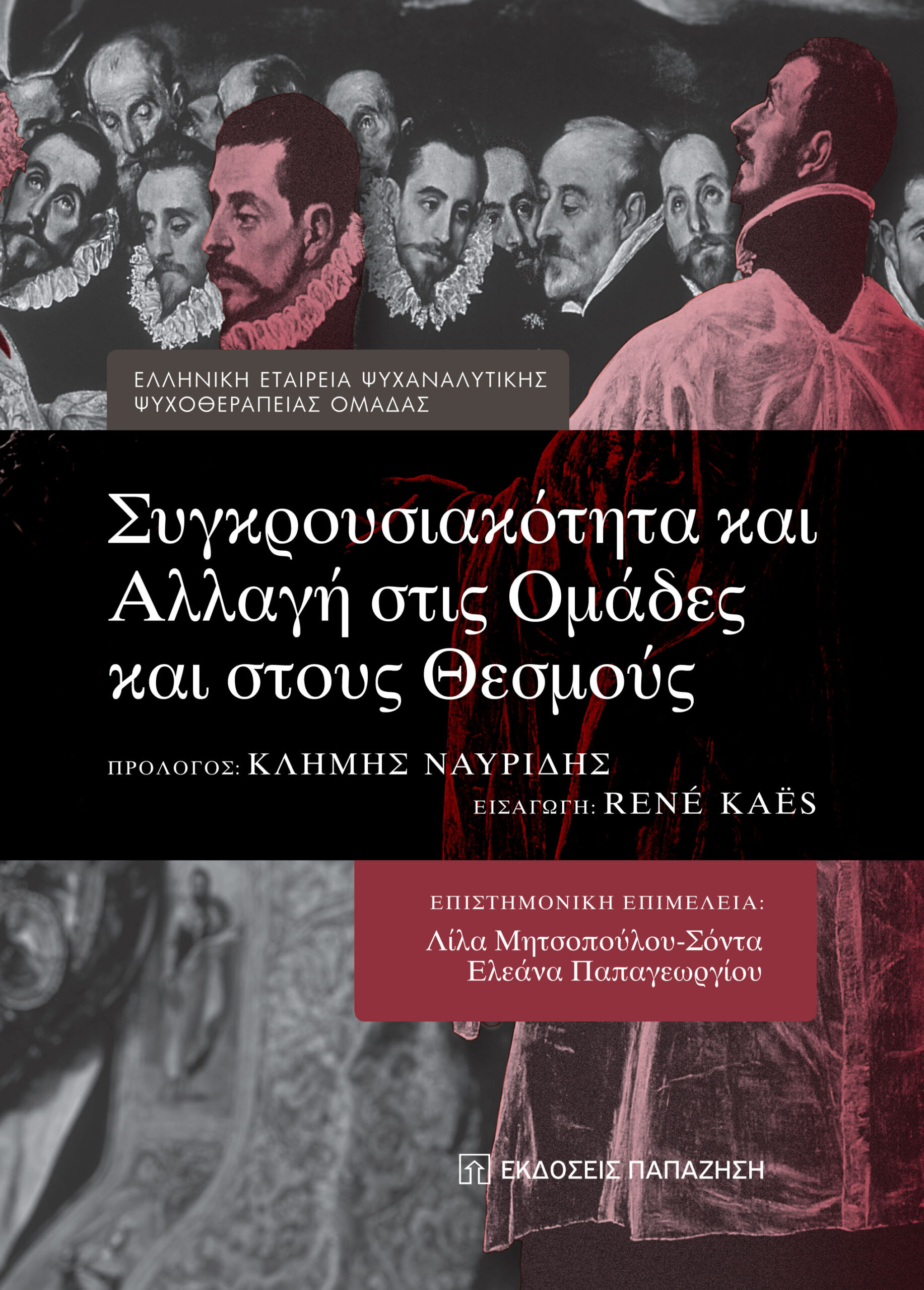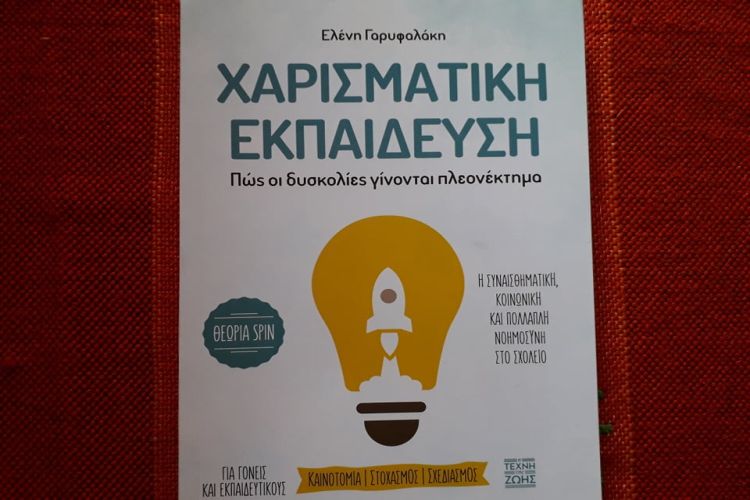An introduction from the editors
Welcome to this special edition of The Psychologist. We are a small group of guest editors; we have never done this before, so please bear with us, but we are so excited about this issue and delighted to have you here. What brought us here? We are a mixed group: Clinical Psychologists who are qualified, in training or embarking on their career, and an advocate, educator and expert by experience. We all reside in the neurodivergence field, with most of us meeting around a Community Paediatrics service in the South of England. It was here that our ideas began to germinate. We had seen and experienced – as service users and providers – the national crisis which is referral numbers for neurodevelopmental diagnoses, for adults and children alike.
We were familiar with the crises in education, health, mental health and social care, producing compounding disabling factors for children and families. We heard similar stories across related areas of practitioner psychology, including forensics, eating disorders and gender identity services. Services cannot meet need, compounded by familiar struggles to recruit and retain staff across disciplines, not least in the psychological professions. But, from the inside, we began to ask bigger questions. Will we ever be able to meet this level of need within the systems we currently have, and should we just keep referring more and more people for assessment, knowing such limited support awaits them at the other end? Where are we now? The neurodiversity movement and what it means for neurodivergent individuals has been changing fast, with broadening acceptance beginning to be seen in the public eye and self-identification becoming more prevalent. In parallel to this, neurodevelopmental diagnostic criteria have widened and shifted with concurrent diagnoses no longer contraindicated, the ‘autism spectrum’ broadening and updating, foetal alcohol spectrum entering wider consciousness and the differing presentations of neurodevelopmental profiles across genders and other protected characteristics finally beginning to be recognised. Led by members of the neurodivergent communities, ‘neuroaffirmative practice’ has emerged and research has begun involving and being held accountable by neurodivergent people. Despite this, diagnostic practice, assessment methods, many areas of research practice, support and professional attitudes have seemed to move much more slowly. For
Psychologists across spheres, we have observed how this pattern increasingly challenges our own sense of identity. As psychologists working practically, we find ourselves simultaneously inhabiting a society coming around to acceptance of neurodiversity and self-identification, alongside a clinical world which holds tightly to diagnostic practice and a deficit-centric, medicalised model of assessment. Many of us hold neuroaffirmative and strengths-focused values but work in systems not meeting neurodivergent needs as people fall between the gaps in evidence-based practice and provision, with the evidence base as fragmented as practice itself. As experts by experience, we fight to be recognised as whole individuals with complex, intersectional identities whilst relying on rigid pathways and fragmented, impairment-centred descriptors to access support across domains. As researchers, we struggle to support our neurodivergent participants to have their voices heard, facing huge barriers in getting co-produced, experience-driven and transdiagnostic research into the public domain. Where do we go from here? Having read with interest articles published in The Psychologist about neurodiversity over the last couple of years, we could not help but feel the issue was more complex than what we had seen captured in these pages so far.
This field is in huge flux, enormous challenges call for paradigm-shifting change. And change is already happening out there. Several of us attended a fantastic recent virtual conference hosted by the community interest group ‘Everything is Connected’, entitled ‘Autism and Systemic Practice’. Here, with neurodivergent practitioners outnumbering those who identified as neurotypical, we were led to consider how ableism impacts so much of our thinking, how practice and research could thrive from being meaningfully coproduced, the psychologist january/february 2024 from the guest editors and how intersectionality should be central to our understanding of neurodiversity. So, we felt that now was the time; to write, to talk, to debate and to collaborate.
We aimed to unite Psychologists and the community of experts by experience (of which, of course, many psychologists are members too) and stakeholders to explore the landscape of neurodiversity, examining disparities between views while keeping neurodivergent communities and voices at the centre of our work. We want to inspire forward-thinking and empowering practice where those who need support are served by sustainable, evidence-based models and services by grappling with complexity, challenge and change. A note on language and a deeper delve into neurodiversity Readers might be wondering why we have chosen to title our edition with the term ‘neurodivergence’ rather than ‘neurodiversity’.
We have noted recent commentary suggesting this term may contribute to the very othering the movement seeks to avoid. We will revisit this important point through a more personal reflection below, but first let us highlight some of the important aspects of neurodiversity this edition does seek to cover. Neurodiversity is a frequently confused term; we have been most informed by the definition from Dr Nick Walker, of Neuroqueer (see https://neuroqueer. com/neurodiversity-terms-and-definitions/). Neurodiversity can be broadly considered to reflect three separate things. Neurodiversity itself is an observation of the variation across humanity of neurocognitive functioning and traits. The neurodiversity paradigm goes further, in highlighting the inherent value in this variation, noting the social and cultural construction of ideas of ‘normal’ and ‘right’ ways of functioning, and emphasising the power imbalances and potential for discrimination intrinsic to this.
Finally, the neurodiversity movement describes the social justice movement campaigning for full inclusion and rights for all who are neurodivergent. However, throughout this edition we have not provided our contributors with prescriptive definitions, as we hoped to capture a snapshot of the differences and debate within the field, which might act as a time capsule as we move forward with change together. Sometimes it is easier to define what a concept is not. Neither neurodiversity nor neurodivergence are euphemisms for autism. However, this edition has ended up unintentionally, but consciously, privileging autism over other aspects of neurodivergence, and some of the reasons for this may help frame this edition.
One reason is that the autistic community has for some time been a more vocal community than others from within this world. With enormous credit due to the many fantastic autistic advocates, together we must consider whose voices are being heard and are having influence. To truly consider neurodiversity we must include the voices of those who find it harder to use the language we hear. This includes those with a learning disability, those with high support needs and those who are non-speaking. It is, undoubtedly, more challenging to capture this part of the neurodiversity spectrum, but it would be self-defeating not to try. People are dedicating themselves to authentically capturing these views, and in this edition we have Kyah Sisulu (she/her) is a Trainee Clinical Psychologist with lived and professional experience of neurodivergence. After 12 years as a support worker, Kyah led an autism diagnostic pathway for children and developed a therapeutic group for children with ADHD. Interests include activism and developing diverse, decolonised, inclusive practice and research. Dr Sarah Glew (she/her) is a Clinical Psychologist and Lecturer and Clinical Tutor. She is passionate about getting neurodivergent young people and their families the right support through teaching, consultation, child-centred neuroaffirmative diagnosis, therapy and working with parents. Sarah has research interests in using the arts and community projects to support mental health.
Aishling Dempsey (she/her) is a Senior Assistant Psychologist working with neurodivergent young people and their families. She has a special interest in fostering positive experiences of being identified as autistic and neuroaffirmative therapy supporting positive autistic identity development. Aishling enjoys researching and sharing knowledge in an accessible, in-depth way. Jennifer Law (she/her) is an Autistic, ADHD & PDA parent of neurodivergent children, educator and advocate. She has trained healthcare professionals in communication, informed decision making, parenting and LGBTQI+ awareness. She works directly with members of the community, which in turn supports meaningful strategic development of services, education and clinical guidelines.
Dr Anita Marsden (she/her) is a Clinical Psychologist who has been supporting neurodivergent children and their families for over 20 years. She has been developing a clinical psychology service within a community paediatric team, bringing neuroaffirmative practice into the NHS. Anita loves teaching, training and collaboratively writing, to share knowledge and have deep conversations. 4 “we know this edition continues to include oversight, elements of privilege and gaps in knowledge. We hope we have offered a starting point for ongoing conversations…” included an article considering how and if the neurodiversity movement might be relevant to the research field of learning disability. We have also filled the pages with the wonderful artwork of the Project Artworks artists, many of whom are non-speaking and whose art tells us something of their experience. We also must hear the voices of those who are oppressed or suppressed by society on account of other aspects of their intersectional identities outside of their neurodivergence.
A recurring theme in this edition addresses the systemic barriers and highlights the discrimination experienced by multiply-marginalised neurodivergent people. But we also need to own who we are as a group. Through circumstance, four of us came together to begin this journey in a town on the South coast, but there are also deep-rooted systemic reasons why as a group we were four, white, cis-gender, heteronormative women. We recognise that as a weakness, because the agenda that gets set and, concretely, the articles that get commissioned, depends on who is around the table. Our table was limited, and this is not good enough. We wanted to be able to address that authentically, and discussed doing that from the outset. We were able to onboard the final member of our editorial team, a Mixed Black British Queer Woman, and importantly, but not surprisingly, we found that through improving the diversity and inclusion within our editorial team, we were able to improve the representation of a wider range of voices throughout the edition.
However, this in no way addresses the systemic failings that mean privileged voices are always centred in this field. One person from a marginalised group does not represent that entire population. This conversation is, and needs to be, part of the conversation about neurodivergence, because there are additional barriers for minority groups to access services, diagnoses, communities of experts by experience and, indeed, psychology as a career. It remained a challenge to find those who could share their experience of these intersecting identities and we know this edition continues to include oversight, elements of privilege and gaps in knowledge. We hope we have offered a starting point for ongoing conversations and thought. Another reason neurodivergence may often be used to describe autism is because of the public shifts in autism diagnostic practice, which moved from separate categories to one, diverse spectrum which suddenly included a far broader section of society. Some of the debates around this shift have been public and at times angry; and while many of us will be aware of conversations about Aspergers, pathological demand avoidance (PDA) and, more recently, the concept of ‘profound autism’, these issues have ended up not being directly confronted in this issue, privileging a more holistic view of neurodiversity and neurodivergence. Often as psychologists, we seem to have the privilege of pragmatism, something which the neurodiversity paradigm lends itself to very well. For example, we were faced with fierce debate about what, if anything, PDA might be. However, in our practice several of us were able to consider that, quite aside from diagnosis, people were coming to us describing their experience and their ‘neurotype’, which might diverge from others’ and might benefit from a different type of thinking and support. Through the neurodiversity lens, this kind of thinking, which is not blind to difference, might offer one way of moving forward, and practical approaches (such as the Portsmouth Profiling tool, described in this edition) are in the early stages of offering us support to do so. As well as debates around ‘profound autism’ and the problematic association of neurodiversity or neurodivergence with ‘deficit’, there have equally been professional debates about what are ostensibly more positive functioning labels, such as ‘high functioning’, ‘differently abled’ or ‘superpowers’.
These often wellmeant and strength-focussed turns of phrases might be considered equally inconsistent and ableist, as they apply neuro-normative standards, where ‘success’ is no longer subjective. As one of our authors so astutely writes in this edition, ‘This undermines the potential of a paradigm shift since it retains the underlying notion of value only being applied to ability, and risks neglecting the needs of neurodivergent individuals. The real strength of neurodiversity is that it values differences between people and accepts and supports individuals without judgement or normalisation’. A final reason why neurodiversity is so often used as a euphemism for autism might be the relative plethora of research in this field, and recent drives to involve more autistic individuals in research about themselves, alongside occasions where the autistic and research communities have seemed to be at odds. If the neurodiversity movement is to be seen as a driver for change, and an ownership of labels previously in the hands of diagnosticians, then true coproduction of research, and research aligned with the preferences of experts by experience must be key across the neurodiversity spectrum, while holding in mind whose voices we hear in this sphere too.
However, the neurodiversity movement also provides a call for unification through research, interrupting the circular argument that we cannot clinically use terms such as ‘neurotype’ or ‘neurodivergent’ without an evidencebase, but we cannot research trans-diagnostically while diagnosis reigns supreme. This edition includes contributions from a vast array of researchers working the psychologist january/february 2024 from the guest editors at this cutting edge, summarising where we are and where we must move, offering suitable methods for neurodiversity informed research and championing transdiagnostic study. A final, more personal reflection To further answer the question of why we have used the word ‘neurodivergence’, however, you need to know a little more about us. Positioning is important and you will see that without prompting, many of our contributors have positioned themselves to provide a reflective context for their thoughts. We want to do the same, hoping as editors we can be authentic and human but also showing how our own identities may also help us return to the task of trying to define the language we have used.
Our identities as an editing group include those with multiple intersectional diagnoses, those awaiting assessment, expecting diagnosis, or already self-identifying. And just one of us, just might, be ‘neurotypical’. But speaking for a moment as the neurotypical of the group, my discomfort sitting within that term brings me to the wonderful ideas of the ‘human spectrum’ several of our pieces refer to. Before the paradigm or political movement came to the fore, neurodiversity has been a fact of life. Like the biodiversity of our verges and meadows we all bring difference that supports, sustains and shakes the ecosystem of our world. But these lovely, granted, important, ideas do not capture the painful, complex reasons the neurodiversity movement continues to be so important now. While, yes, it goes without saying that ‘we are all neurodiverse’, what does it really mean to experience this world as ‘neurodivergent’?
As a currently practising diagnostic clinician, this edition has been quite the journey. Diagnosis can be an act of empowerment, but it is so often an application of power. Perhaps to truly own the label ‘neurotypical’ is not to deny difference in my neurodevelopmental profile, but more to own my privilege. In our title and throughout this edition, we have used the word neurodivergent to describe divergence from the neuro-normative, to highlight boundaries and constraints throughout clinical, educational and research practice and to reclaim difference in an ableist society.
We hope our attempts at broad, inclusive and first-person commissions, tentative positioning and curiosity might have supported psychologists to embrace a different way of thinking about neurodivergence, in all its complexity, with all the challenge it brings to every corner of our community. And as for change? We’ve certainly got a long way still to go, but here’s the pebble we are gently dropping into this pool, hoping the ripples might reach the wider psychological community. And to all those who identify with the construct of neurodivergence, we know we won’t have got everything right, but this edition is for you.
SOURCE:







